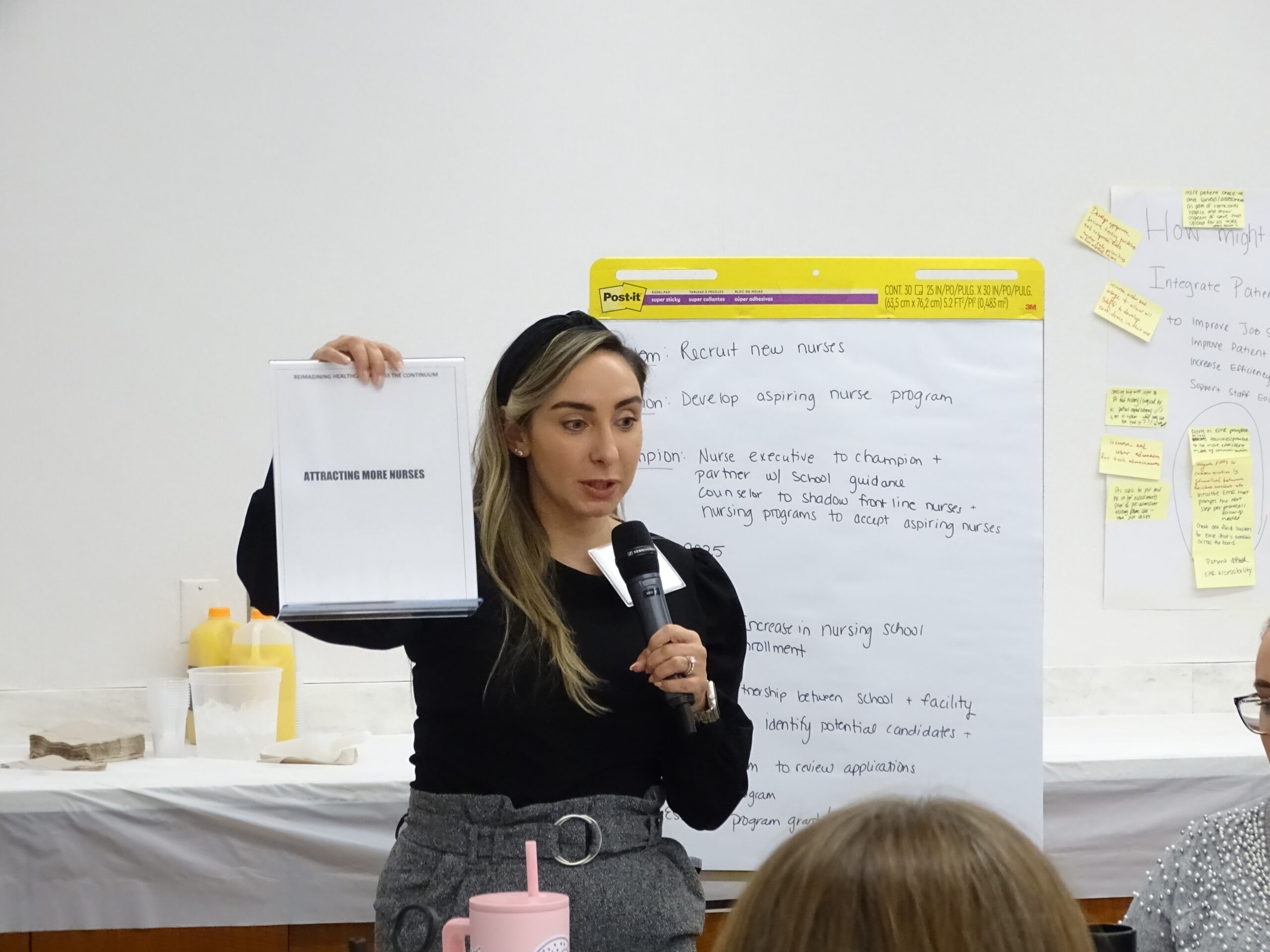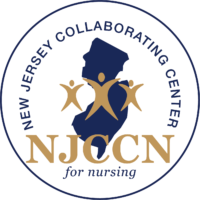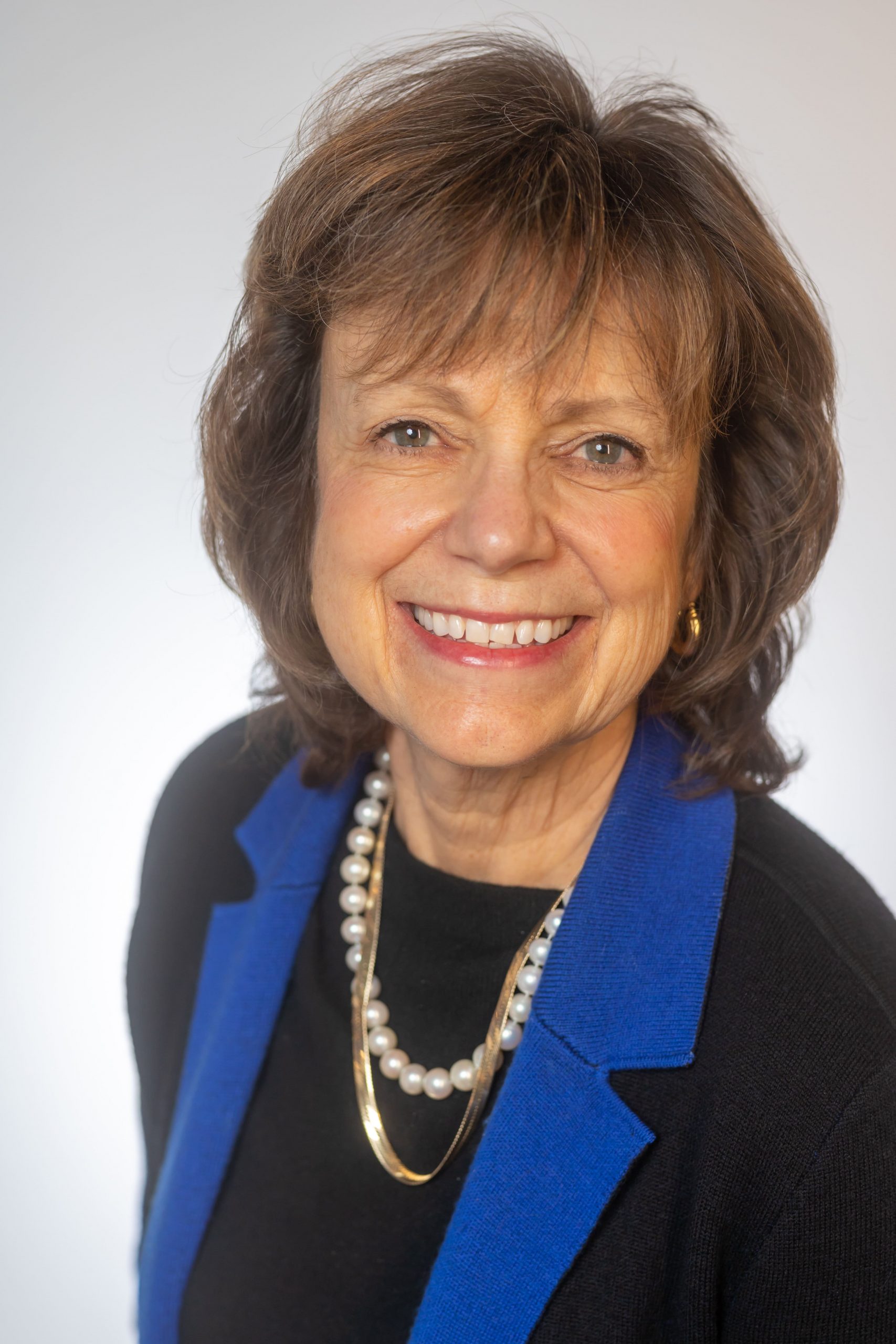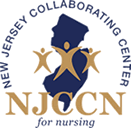NJCCN Online Press Kit
Building a Strong Nursing Workforce for New Jersey
New Jersey’s Nursing Workforce Center


Background
Through the efforts of State Senator Joseph Vitale, legislation was enacted in 2002 to establish the New Jersey Collaborating Center for Nursing (NJCCN).
The organization is focused on supporting nurses and nursing by providing evidence-based policy and other recommendations regarding the nursing workforce and its impact on the health of New Jersey residents. The most immediate challenge for the NJCCN is addressing New Jersey’s shortage of nurses and nursing faculty, which has been exacerbated by the COVID pandemic. The organization also focuses strongly on identifying strategies for contributing to the well-being of nurses.
Based in Newark, at the Rutgers University School of Nursing, NJCCN is guided by a 17-member board. All members are appointed either by the governor or the state legislature.
Did you know?
- New Jersey is experiencing a significant nursing shortage. The Health Resources & Services Administration projects a deficit of 24,450 RNs by 2036.
- There currently are more than 141,000 licensed nurses (APNs, RNs, and LPNs) in New Jersey.
- On average, 4,500 new graduate nurses join New Jersey’s workforce each year.
- With a goal of achieving workforce solutions, the NJCCN maintains partnerships with multiple New Jersey-based organizations, including the New Jersey Board of Nursing, New Jersey League for Nursing, Organization of Nurse Leaders of New Jersey, New Jersey State Nurses Association, New Jersey Hospital Association, and the New Jersey Health Care Quality Institute, as well as the American Association for Retired People, labor unions, and academic partners from LPN and RN programs.
- Each year, NJCCN publishes a data report on education capacity, workforce supply, and workforce demand.
- NJCCN supports more than 1,000 graduates in residency programs.
Leadership Team

Dr. Daria Waszak,
DNP, RN, CNE, COHN-S,
Executive Director
Dr. Waszak has been a registered nurse for nearly 30 years and is a board-certified nurse educator and occupational health nurse-specialist. She began her role as Executive Director of the New Jersey Collaborating Center for Nursing (NJCCN) in July 2025, after serving as Assistant Director. She is also a Clinical Associate Professor with Rutgers School of Nursing in the Advanced Practice Division. Her most recent former roles include Associate Dean and Associate Professor at Felician University School of Nursing in the Department of Graduate Nursing and manager at Pfizer Global Occupational and Environmental Health in New York City. Her clinical background includes ambulatory, emergency, occupational health, and forensic nursing. She serves as a member of the Organization of Nurse Leaders of New Jersey Advocacy Committee and Vizient Nurse Residency Program Advisory Board.
She is also a member of Sigma Theta Tau International Honor Society for Nursing and was the inaugural/founding president for the Alpha Beta Chi Chapter of Sigma. She leads an advocacy group, the Nurses Climate Challenge for Sigma Chapters, and is a member of the Climate Action Group at Rutgers Health.

Dr. Pamela B. de Cordova,
PhD, RN-BC,
Nurse Scientist
Dr. Pamela B. de Cordova is an associate professor at Rutgers University School of Nursing in the Division of Nursing Science. She conducts policy research utilizing mixed methods to improve patient and resident outcomes in hospitals and nursing homes. In addition to nurse staffing, she is also examining infection prevention staffing and how the COVID-19 pandemic may have contributed to increased healthcare associated infections in acute care. de Cordova’s research has determined that in New Jersey, public reporting increases data transparency and patient choice, with no major changes in staffing levels. She led a funded, statewide project examining the impact of RN staffing, availability of personal protective equipment, and work environment support on the psychological well-being of New Jersey, hospital-based, frontline nurses during the COVID-19 pandemic surge. These findings indicated high levels of burnout and intent to leave across the NJ nursing workforce. Her most current research focuses on the impact of burnout and how organizational, system change improve nurse well-being and quality care delivered to patients.

Dr. Susan Weaver,
PhD, RN, CRNI, NEA-BC,
Nurse Scientist
Dr. Susan Weaver is currently a nurse scientist at NJCCN, as well as at Hackensack Meridian health Ann May Center for Nursing. Her research focuses on the home health aide and LPN workforce, as well as on administrative supervisors and nurses who work the night shift. In 2017, she founded the Administrative Supervisor Conference, which has grown to become a multi-state event. The 2021-22 president of the Infusion Nurses Society, Weaver holds a BSN from Penn State University, an MSN in Nursing Administration from Seton Hall University, and a PhD in Nursing from Rutgers University.
Vision / Mission Statement
- To be the dominant voice on nursing workforce solutions for New Jersey residents.
- Ensure that competent, future-oriented, diverse nursing providers are available in sufficient numbers and are prepared to meet the demands of New Jersey’s evolving healthcare system.
- Transform the healthcare system through research and innovative model programs.
- Create a central repository for education practice and research related to the nursing workforce.
- Engage with academic/practice partners, intern/professional colleagues, government and legislative agencies, consumers, businesses, and industry.
- Promote a positive image for nursing.
